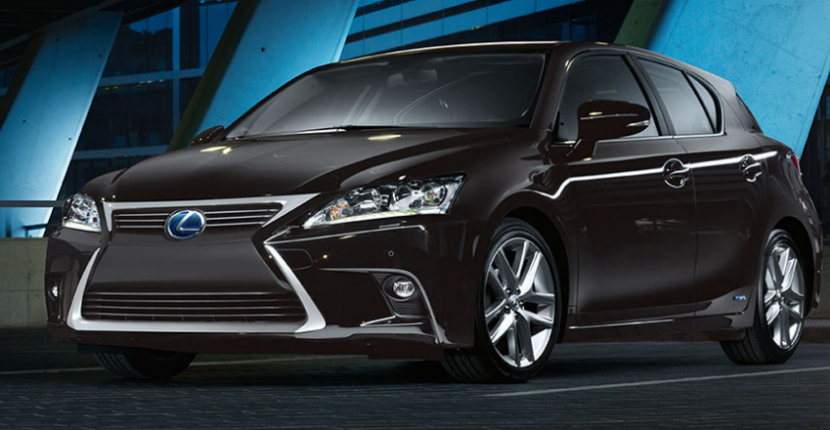2017 Lexus CT 200h Will Inherit Toyota’s Energy-Efficient Hybrid Synergy Drive System
The first hybrid vehicle was arguably first built back in 1897 when chief engineer for Philadelphia battery company Justus Entz, created a carriage powered by an IC engine assisted by an electric motor.
For all intents and purposes, the term “hybrid” is used by Lexus of Highland Park to describe the ‘crossbreeding’ of two separate engines or a vehicle with two different sources of power.
Oftentimes, electric cars are confused with hybrids, but electric vehicles are powered by at least one electric motor, while a hybrid vehicle contains an internal combustion engine, fuel tank, electric motor and battery pack – it also uses gas and draws from electric bits to reuse energy. Internal combustion engines have been the main method of propelling cars and trucks for the last century but the 1973 Arab Oil Embargo led to an intensified energy crisis and higher gas prices.
The Clean Air Act was effectively established to control air pollution prompting engineers and automakers to look to hybrid powered vehicles as an option again.
In 1997, the Toyota Prius pioneered the Toyota Hybrid System that included an internal combustion engine, two electric motor-generators, and a planetary gear set. It was regarded as the first “full” hybrid system because it employs both a battery-powered electric motor and gas-powered combustion engine that works both separately and together. The Toyota Hybrid System has become the most popular hybrid system in the world, since its introduction in Japan.
Switching comfortably between electric and gas, the THS boasts a less expensive, fuel efficient, and more refined driving experience. In 2004, the automaker changed the name from the Toyota Hybrid System to Hybrid Synergy Drive as it was being incorporated into Lexus vehicles. Hybrid Synergy Drive is now featured in 18 of the Japanese automaker’s models, including the upcoming Lexus CT 200h. Taking cues from the new Prius, the 2017 Lexus CT 200h adopts Toyota’s New Global Architecture and is set to be rolled out using the new platform next year. Both vehicles will offer more power and greater fuel efficiency, thanks to a brand new powertrain.
As demand for plug-in hybrid technology begins to grow, those of us here at Lexus of Highland Park can’t help but wonder if the brand might actually consider making a plug-in version of the Lexus CT 200h.
We’ll have to wait and see.


